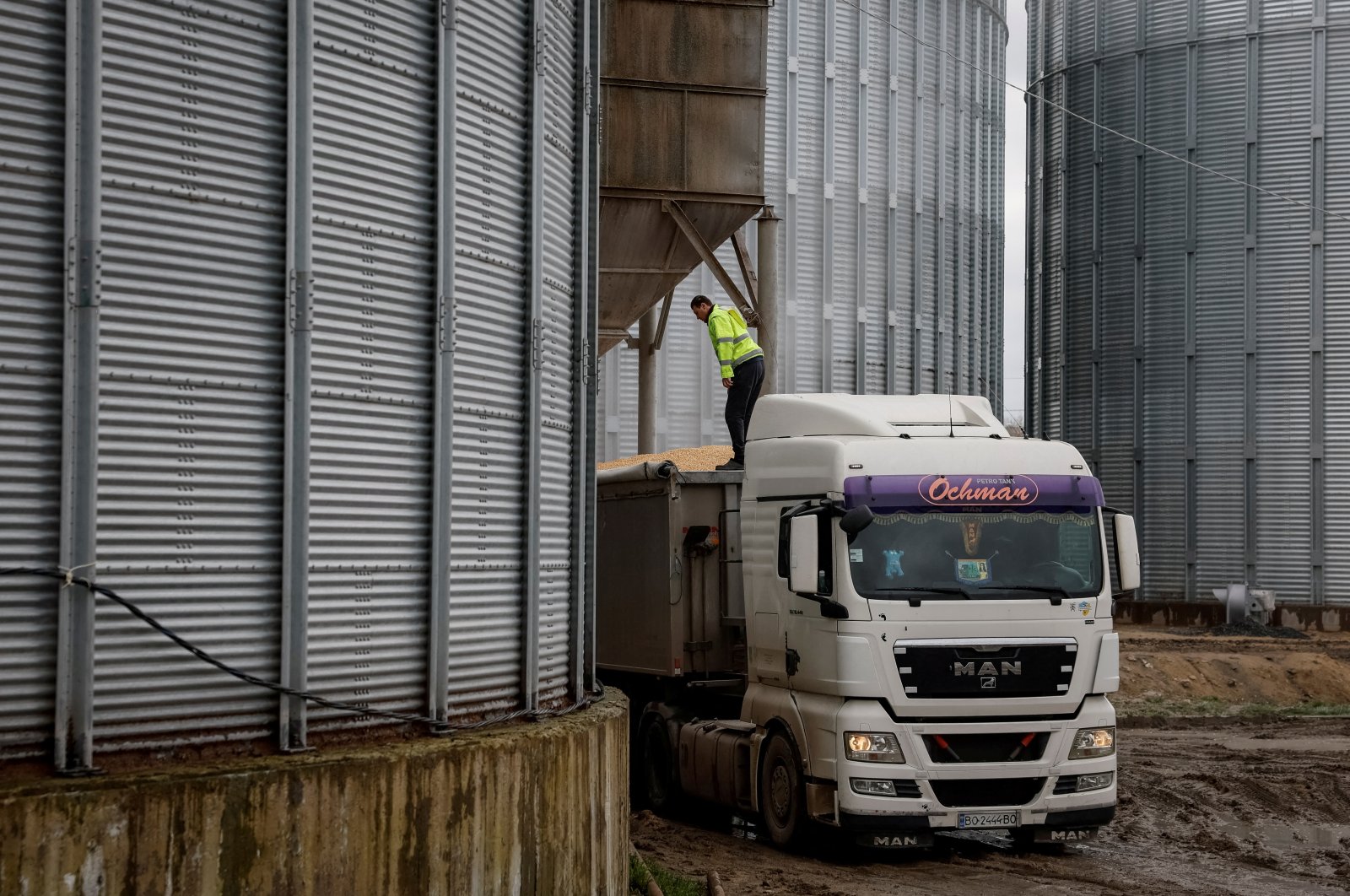
Poland on Wednesday warned it could impose additional bans on Ukrainian food products if the ongoing dispute over grain imports escalates further, as Warsaw takes a tougher stance in the lead-up to the October elections.
Poland has been one of Ukraine's staunchest allies since Russia invaded the country in February 2022, but the countries are now embroiled in a deepening conflict over agricultural imports since Poland, along with Hungary and Slovakia, extended a ban on grain imports from their war-torn neighbor.
A World Trade Organization (WTO) spokesperson confirmed on Tuesday that Ukraine had taken the first step in a trade dispute by filing a complaint to the global trade body.
He did not name the countries although Kyiv has previously said the complaint targeted Poland, Slovakia and Hungary.
Also on Tuesday, Ukraine said it would impose retaliatory import curbs on certain goods from Poland and Hungary if they did not lift their unilateral bans, drawing a response from Prime Minister Mateusz Morawiecki.
"I warn the Ukrainian authorities, because if they escalate this conflict in this way, we will add more products to the ban on import into the territory of the Republic of Poland," Morawiecki told Polsat News.
Poland, Slovakia and Hungary announced curbs on grain imports from Ukraine on Friday after the European Commission decided not to extend a ban on sales into Ukraine's five EU neighbors, which also include Romania and Bulgaria.
The ban was introduced to protect farmers there from a surge of grain and food imports from Ukraine since the invasion largely blocked its favored routes via Black Sea ports.
Poland's President Andrzej Duda on Tuesday said if Ukraine filed the complaint, Poland would explain the situation before the tribunal.
He underscored that the ban regarded imports but not transit of Ukrainian grain.
"There are business circles that have interests in Ukraine and would like to sell grain as quickly as possible at the lowest possible cost. We have to defend ourselves against it," he told reporters in New York following an address to the United Nations General Assembly.
"I would compare it to something like a drowning person... A drowning person is extremely dangerous because he can pull you to the depths ... He can simply drown the rescuer."
'Political theatre'
Poland will hold parliamentary elections on Oct. 15 and the ruling nationalist Law and Justice (PiS) party is facing a challenge from the far right, which accuses it of being too soft toward Ukraine.
On Tuesday, Ukrainian President Volodymyr Zelenskyy said in an address to the U.N. General Assembly that Kyiv was "working hard to preserve the land routes for grain exports" and that the "political theatre" around grain imports was only helping Moscow.
His comments were not received well in Warsaw.
"President Zelenskyy went a few sentences too far," Interior Minister Mariusz Kaminski told private broadcaster Radio Zet on Wednesday.
In a live broadcast on Facebook, Morawiecki said that Warsaw was ready to help Kyiv but "not at the price of destabilizing the Polish market."
Duda said Ukraine should remember that it receives help from Poland.
"It would be good for Ukraine to remember that it receives help from us and to remember that we are also a transit country to Ukraine," he noted.
On the Ukrainian side, Trade Representative Taras Kachka appeared to move to ease tensions, telling Polish private broadcaster RMF FM that he did not think that Kyiv would introduce an embargo on Polish apples and vegetables.
Polish Agriculture Minister Robert Telus told state-run news agency PAP that he took Kachka's comments as a way of "calming down a certain atmosphere that had been building for two or three days."
